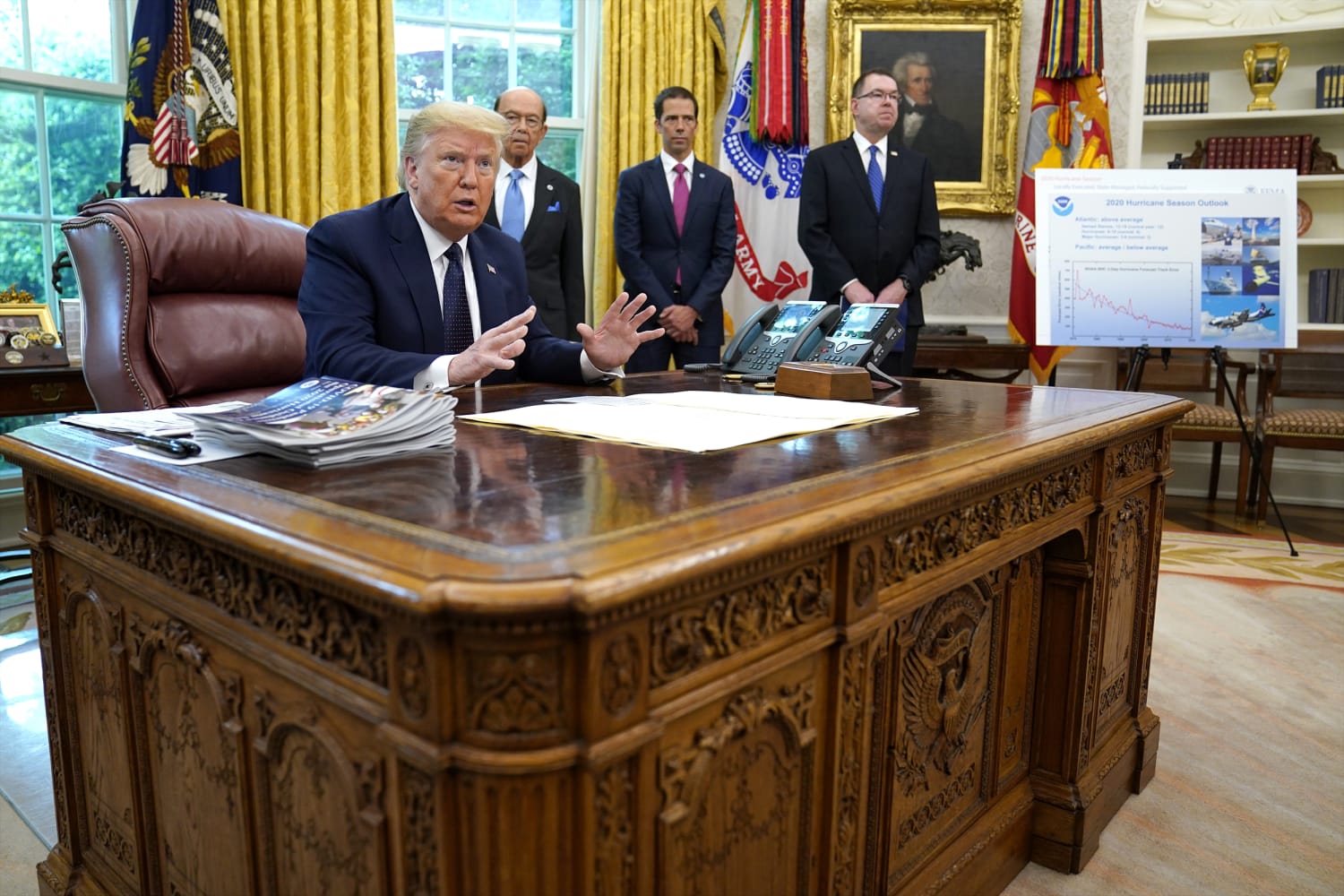On Thursday, President Donald Trump signed an executive order targeting Twitter and other social media giants, saying he is taking action to “defend free speech from one of the gravest dangers it has faced in American history,” after Twitter called two of his tweets “potentially misleading.”
Trump said the order allows for new regulations so that social media companies “that engage in censoring or any political conduct will not be able to keep their liability shield.” Trump continued, “They have had unchecked power to censor, restrict, edit, shape, hide, alter any form of communication between private citizens or large public audiences. We are fed up with it.” He said what social media giants choose to fact check or ignore are “editorial decisions” and represent “political activism.”
The order calls for new regulations under Section 320 of the Communications Decency Act, which provides broad immunity from lawsuits to websites based on the content its users post, and thus curbs some of those liability protection for companies like Twitter, Facebook and Google. However experts say it is likely up to Congress, not the executive branch, to reinterpret the part of the law in question and that it may also raise significant First Amendment questions and face legal challenges.
Editorial credit: Evan El-Amin / Shutterstock.com
